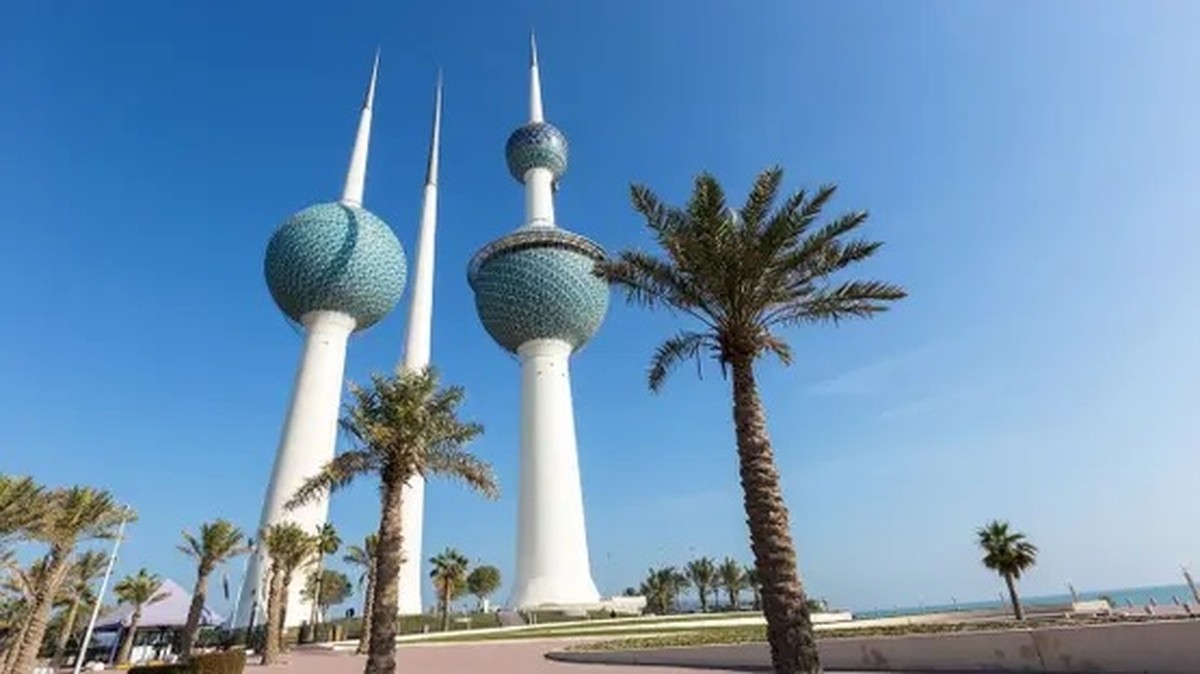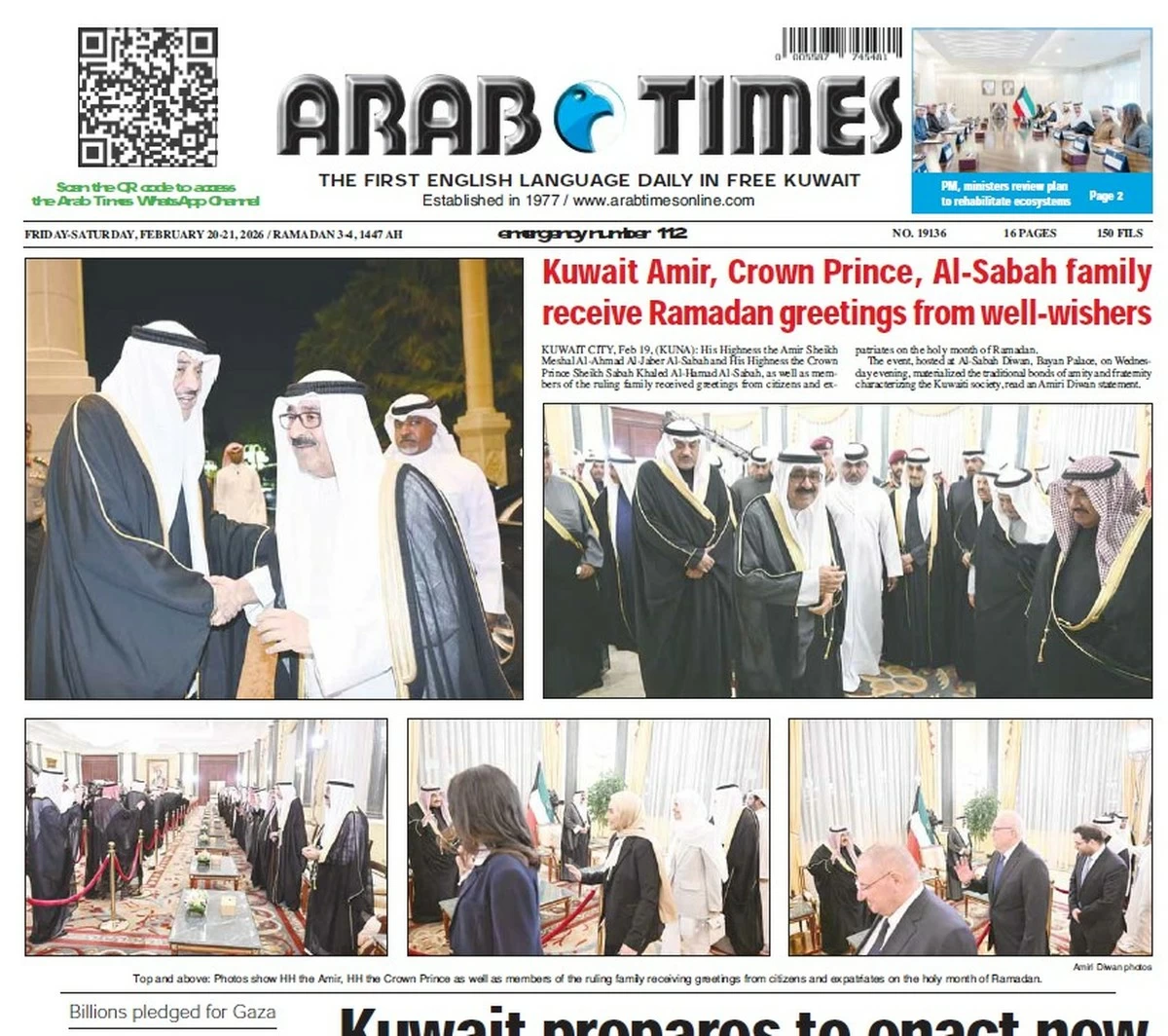31/07/2025
31/07/2025

BEIRUT, July 31 The Kuwait Towers, a defining symbol of Kuwait’s modern identity, have been officially added to the Arab Heritage List under the modern architecture category, as announced by the Arab Architectural and Urban Heritage Observatory (AHO) at its ninth regional forum held in Beirut.
The inclusion was made following a nomination by the National Council for Culture, Arts and Letters (NCCAL). Representing Kuwait at the forum, Engineer Mahmoud Al-Rabiah, head of the Historic Buildings Restoration Department at NCCAL, received the certification on behalf of the State of Kuwait.
Al-Rabiah noted that the Kuwait Towers, beyond their architectural beauty, hold historical significance as a functional infrastructure project that addressed Kuwait’s growing demand for water during its urban expansion. The towers, which serve as water reservoirs, were designed to reflect aesthetic excellence and cultural identity, transforming a utilitarian facility into a national architectural landmark.
He emphasized that the towers reflect forward-thinking urban planning and a distinctive architectural vision that remains iconic within the Gulf region. Their inclusion in the heritage register, he said, affirms their importance as a representation of Kuwait’s modern era and progressive spirit.
The nomination process was carried out in collaboration with Al-Rabiah’s colleague Dalal Al-Nomas, supported by Zahraa Ali Baba, Head of the Restoration and Preservation Department at NCCAL, and under the guidance of Secretary-General Dr. Mohammed Al-Jassar.
Engineer Mohammad Abu Saadi, Chairman of the Evaluation Committee, stated that the observatory reviewed and approved 19 heritage files from across the Arab world, representing a range of architectural styles and historical periods. Regarding the Kuwait Towers, he said the committee was particularly impressed by how the towers combine functionality, symbolism, and cultural resonance, describing them as a landmark that has become integral to Kuwait’s national identity.
Abu Saadi highlighted the towers’ unique design, strategic location, and continued relevance as a tourist attraction, noting that these elements collectively justified their inscription on the Arab Heritage List.
The Arab Architectural and Urban Heritage Observatory, operating under the Arab League Educational, Cultural and Scientific Organization (ALECSO), evaluates nominations submitted by member states. Its mission is to recognize and preserve sites of architectural and urban significance across the Arab world.
The forum in Beirut was convened under the patronage of Lebanese Minister of Culture Ghassan Salameh and attended by ALECSO Director General Dr. Mohamed Ould Amar. It served as a platform to acknowledge notable heritage contributions and reinforce the region’s commitment to preserving its architectural legacy.


